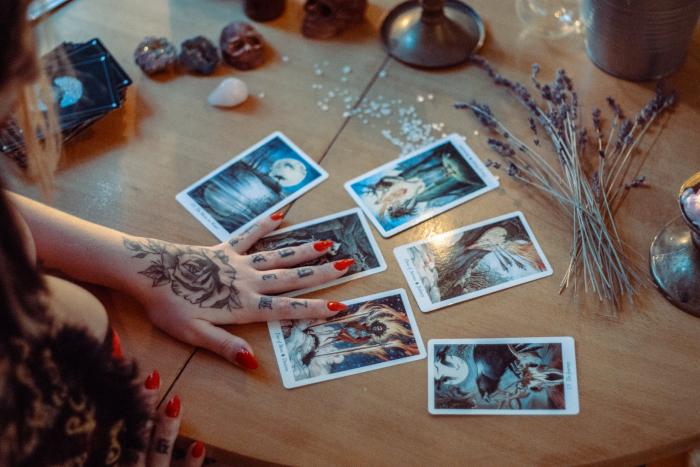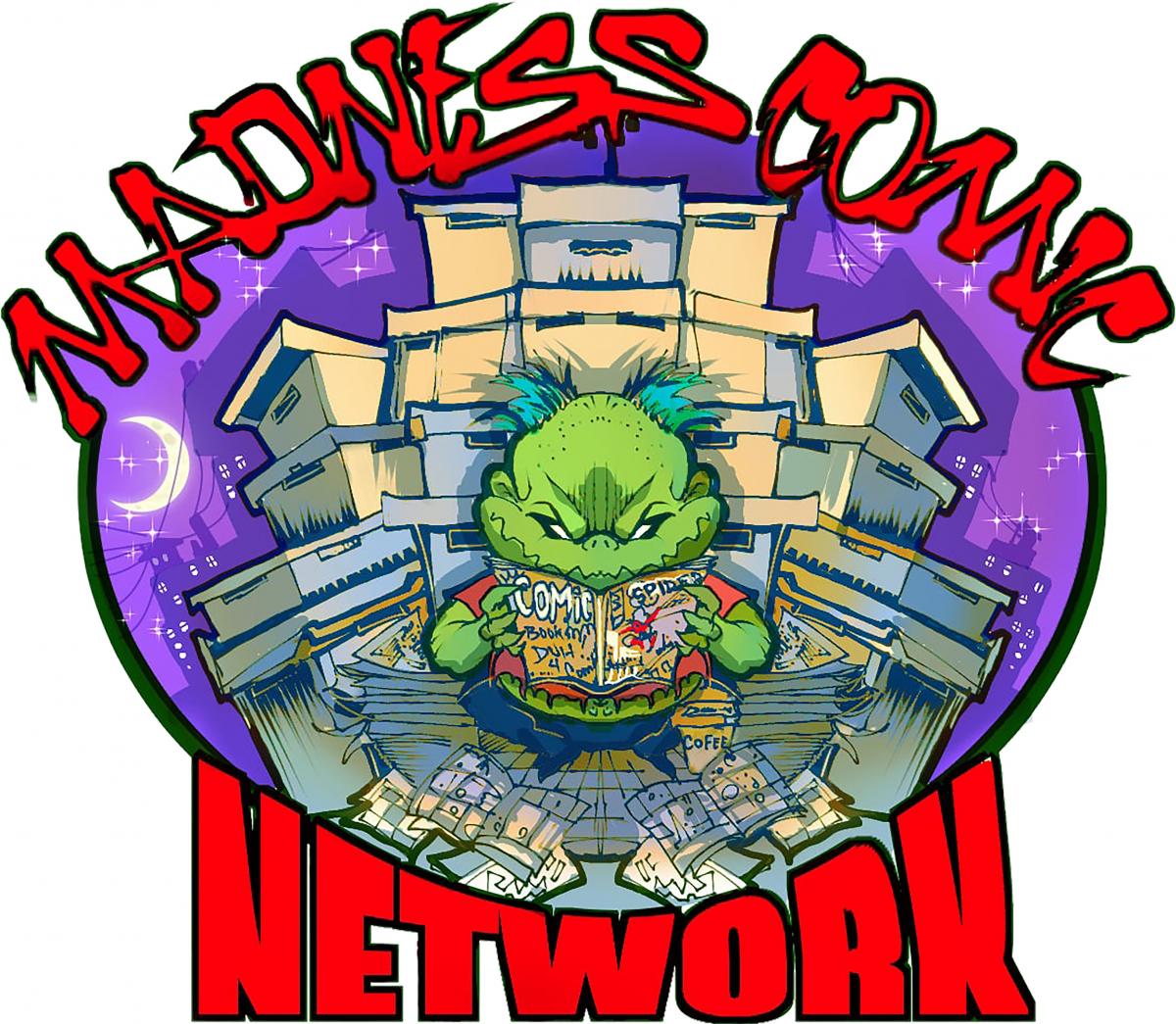How Effective is the Psychic as a Plot Device?
FTC Statement: Reviewers are frequently provided by the publisher/production company with a copy of the material being reviewed.The opinions published are solely those of the respective reviewers and may not reflect the opinions of CriticalBlast.com or its management.
As an Amazon Associate, we earn from qualifying purchases. (This is a legal requirement, as apparently some sites advertise for Amazon for free. Yes, that's sarcasm.)

No matter the genre of film or TV show, some tropes remain universal. One of these is the fortune-teller or the psychic. Such readers are consulted when characters are stuck. Or indeed when the plot itself doesn’t seem to move forwards. But how effective is the fortune teller as a plot device?
The Fortune Teller as a Plot Device
The fortune-teller harks back to Shakespeare’s Macbeth. The title character is visited by three ‘witches’ who warn him of his fate. Cult classic – and critical hit for its debut season – Heroes made use of psychic prophecies to steer the plot. Artist Isaac Mendez could predict the future through his paintings. The show’s shakier follow-up seasons continued to use Mendez’s paintings to predict increasingly dramatic events. The second and third seasons revolved around stopping events that were prophesied. Many fans took umbrage with this repeat of season one’s clever use of the trope.
Even reality TV (or ‘reality TV’) such as The Real Housewives franchise uses psychics and fortune tellers to progress the plot along. Infamously, some of The Real Housewives of Orange County housewives consulted a trusted psychic in their tenth season when they had doubts about their co-star’s boyfriend’s medical diagnosis. The information provided helped lead to one of the most shocking secrets being revealed and showed actual realism in reality TV.
Even video games have utilized the fortune teller. The Legend of Zelda uses it to remind players what they’re supposed to be doing in the game. The game designers needed some way of staying in character while still communicating with players. So, they chose to use the trope of those who may have insight into what the hero (you) should be doing next.
Why is the Fortune Teller So Effective?
Fortune tellers or psychics are used across entertainment for several reasons. Plots can develop from the revelations when the information wouldn’t be readily available to the characters, such as using Tia Dalma in Pirates of the Caribbean. They can show that a character is struggling with a decision, such as in Sex and the City where Charlotte needs advice on whether she will get married. But most of all, they are used to help show to the audience that the character needs some perspective on their predicament and is thoroughly unsure of how to progress.
This is reflective of our understanding as an audience. Indeed, psychic chat can be used for a number of reasons from addressing worry about changing jobs to concerns that you’re making the right decision moving house. The reader aims to dispel doubt and help you see things from a different perspective in your own life. This is the same reason they are used in entertainment. They provide an insight into the situation that might not be readily accessible, but which could lead to larger implications.
The fortune-teller or psychic is a common trope in entertainment that can be used for many distinct narrative reasons. All of them rely on the audience’s understanding that the reader can be used to help the character come to terms with a decision or discover what to do next. Sometimes these psychic readings are derided as lazy plot devices, while other times they are used to better effect. Regardless, the fortune-teller as a plot device rarely fails to move the plot along.


